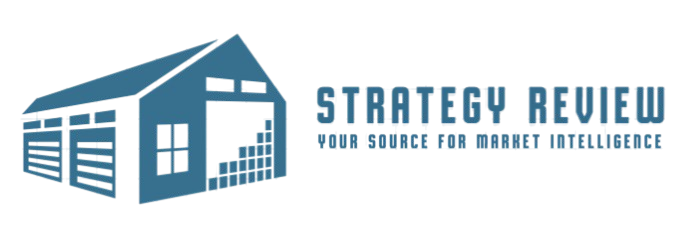Why Work Ethics Define Organizational Culture
Organizational culture, the invisible yet powerful force shaping employee behavior and overall success, is significantly influenced by work ethics. These shared values, principles, and beliefs dictate how employees conduct themselves and interact with one another. A strong foundation of work ethics fosters trust, collaboration, and a commitment to excellence, while a weak one can lead to disengagement, conflict, and even ethical breaches.
Key Takeaways:
- Work ethics are the bedrock of organizational culture, influencing everything from employee behavior to overall success.
- Strong work ethics cultivate trust, collaboration, and a commitment to excellence within the workplace.
- Prioritizing and promoting ethical conduct leads to a more positive and productive work environment.
- Consistent modeling of ethical behavior by leadership is crucial for embedding work ethics into the organizational culture.
How Shared Work Ethics Build a Positive Culture
A positive organizational culture thrives on shared values and a clear understanding of what is considered right and wrong. Work ethics provide this moral compass, guiding employees in their decision-making and interactions. When employees adhere to principles like honesty, fairness, and respect, it creates a climate of trust and psychological safety. This, in turn, encourages open communication, collaboration, and a willingness to go the extra mile for the team and the organization. When an entire organization internalizes the values of work ethics, the business flourishes and the employee satisfaction rate increases.
The Role of Integrity and Responsibility in Work Ethics
Integrity and responsibility are cornerstones of strong work ethics. Integrity means doing the right thing, even when no one is watching. It involves adhering to ethical principles and acting with honesty and transparency in all dealings. Responsibility, on the other hand, entails taking ownership of one’s actions and being accountable for their outcomes. When employees embrace integrity and responsibility, it fosters a culture of trust and reliability. Customers, partners, and colleagues can rely on individuals to follow through on their commitments, maintain confidentiality, and uphold the organization’s reputation. By instilling integrity and responsibility, organizations can increase employee ownership and reduce the overall risks of ethical violations.
The Impact of Poor Work Ethics on Organizational Success
Conversely, a lack of work ethics can have detrimental effects on organizational culture and overall success. When employees engage in unethical behavior, such as dishonesty, discrimination, or conflicts of interest, it erodes trust, damages relationships, and creates a toxic work environment. This can lead to decreased productivity, higher turnover rates, and even legal repercussions. Furthermore, a company known for its poor work ethics will struggle to attract and retain top talent, as individuals seek out organizations that prioritize ethical conduct and integrity. A clear lack of work ethics and moral structure will ultimately lead to the downfall of any business.
Leadership’s Influence on Modeling Work Ethics
Leadership plays a crucial role in shaping and reinforcing work ethics within an organization. Leaders who consistently model ethical behavior set the tone for the entire company. When leaders demonstrate integrity, honesty, and fairness in their actions, it inspires employees to do the same. Furthermore, leaders should actively promote and reward ethical conduct while holding individuals accountable for unethical behavior. By creating a culture of accountability and transparency, leaders can ensure that work ethics are not just words on a page, but rather ingrained in the organization’s DNA. This can include establishing a clear code of conduct, providing ethics training, and establishing channels for reporting unethical behavior without fear of retaliation. Additionally, leaders can promote a culture of continuous improvement in work ethics by actively seeking feedback and adapting to the evolving ethical landscape, whether it’s in the United States, Great Britain (gb), or anywhere else globally.


